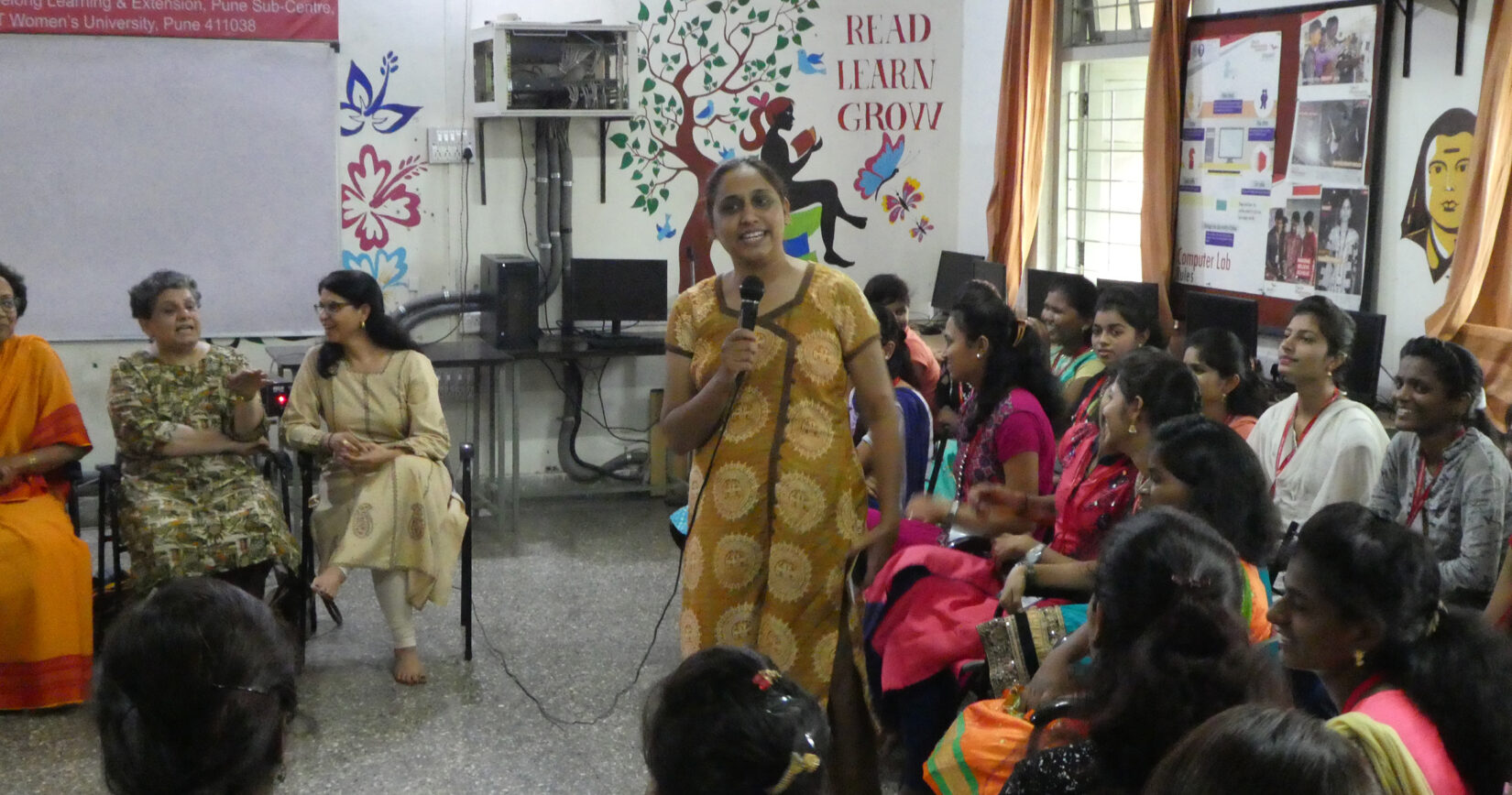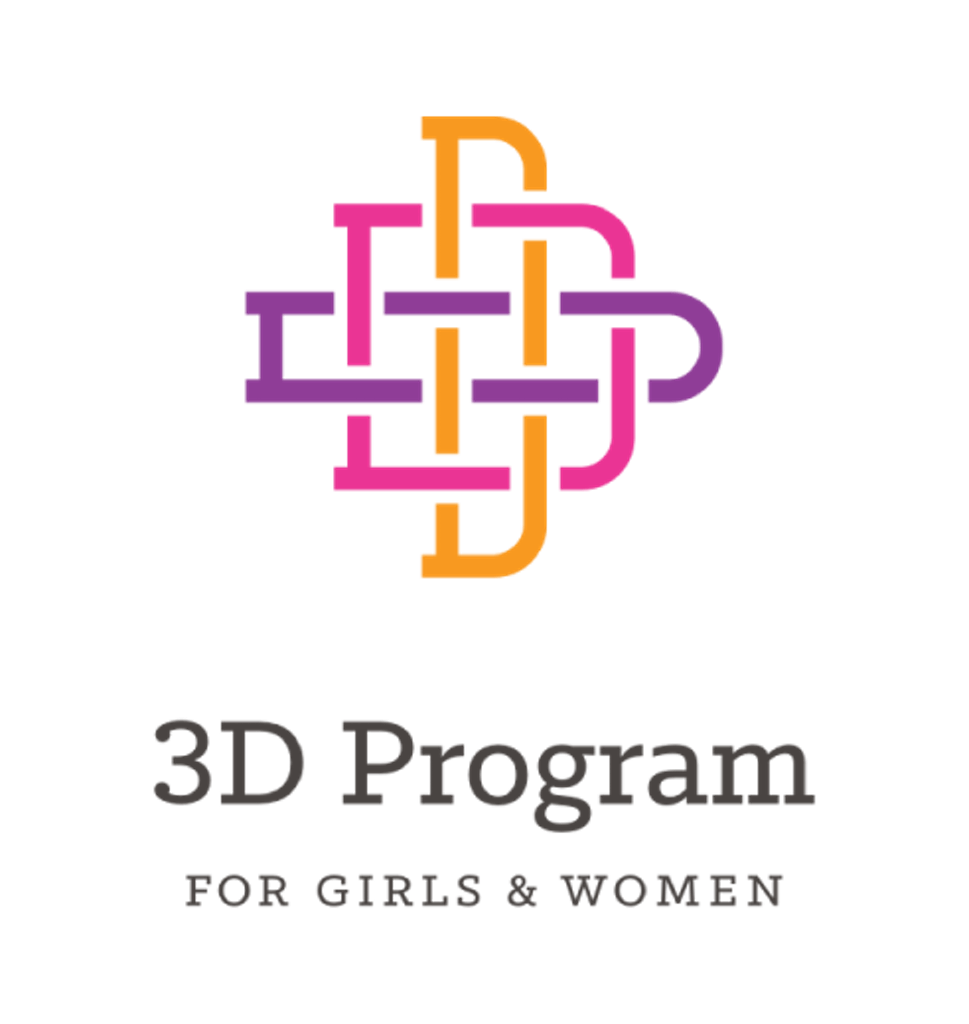
Kajal Jain is a gender champion working with the 3D Program for Girls and Women to support the implementation of gender equality programming in India’s Pune District, with a focus on rural women and girls. The 3D Program helps local governments work more efficiently across departments, and with civil society and the private sector, to increase economic opportunities for girls and women and address their health, education, and safety needs. Currently, Kajal is facilitating the creation of committees in rural villages to ensure that girls and women’s voices are taken into account in local government planning and programs.
What does #EqualEverywhere mean to you?
To me, #EqualEverywhere means equal opportunities and rights in every area of life, with no discrimination based on sex, caste, class, and religion. It means all people have the space and freedom to decide how they want to live their lives, and that, in so doing, they should be afforded respect, dignity, and quality of life.
Why do you advocate for equal rights for girls and women?
I advocate because we are almost 50 percent of the population in India, but are still considered second-class citizens. In reality, we face discrimination and cannot participate equally in political, economic and family spaces. Additionally, many women remain acutely vulnerable and marginalized and cannot raise their voices. We must be there to advocate for (and with) them and make sure they are heard.
Through my work in different parts of Maharashtra State, I see the range of problems rural women face – from domestic violence to economic exploitation. Even in these contexts, with very few resources and support, I see the power within girls and women as they raise their voices and fight for their rights. These women are transforming their own lives; by organizing into movements, they are bringing about changes in other people’s lives. This inspires me.
What motivates you to do this work?
The 3D Program is working to bring about changes in how government systems work to increase accountability and transparency and improve the lives of girls and women. We are ensuring that girls and women are included and are able to access government programs, benefits and opportunities, so that they can claim their basic rights.
What are the main challenges you experience in your work to advance gender equality?
Bringing about convergence – or multisectoral solutions – to address gender inequality is challenging. It is difficult because we are working to change entrenched government systems. Our task is especially difficult because those systems function in a patriarchal and hierarchical context and we have to change the mindset of government officials. We are trying to facilitate a process that will move girls and women from the bottom of the system to the center of planning, budgeting, and implementation of government programs. This requires changing the system in a sustainable way. It can also be challenging to mobilize women who may not be aware of their rights or may be reluctant to participate in political spaces.
What progress are you seeing as a result of your work?
Through my work with the 3D Program, we have created spaces where women can come together and have their voices heard. This has increased women’s leadership at the village level so that more women are speaking out and their participation is increasing. We have seen progress through education and job skills programs, which are helping rural girls and women overcome social, cultural, and economic barriers and move towards educational opportunity and economic empowerment. We have also created platforms within government systems to ensure that girls and women can speak for themselves about their priorities. Ultimately, the goal is that girls and women will be able to make the changes they need for themselves and shape their own futures.
What progress are you seeing in the wider gender equality movement?
I am seeing more and more women’s leadership of social movements and there is new, younger leadership at all levels – local, national, and international. Women’s organizations and funders are identifying and strengthening women’s leadership across the world. And women are supporting each other to work from a feminist perspective to encourage women’s leadership and bring about broad social change for gender equality. I believe this is what will ultimately change the world.
 BACK TO STORIES
BACK TO STORIES